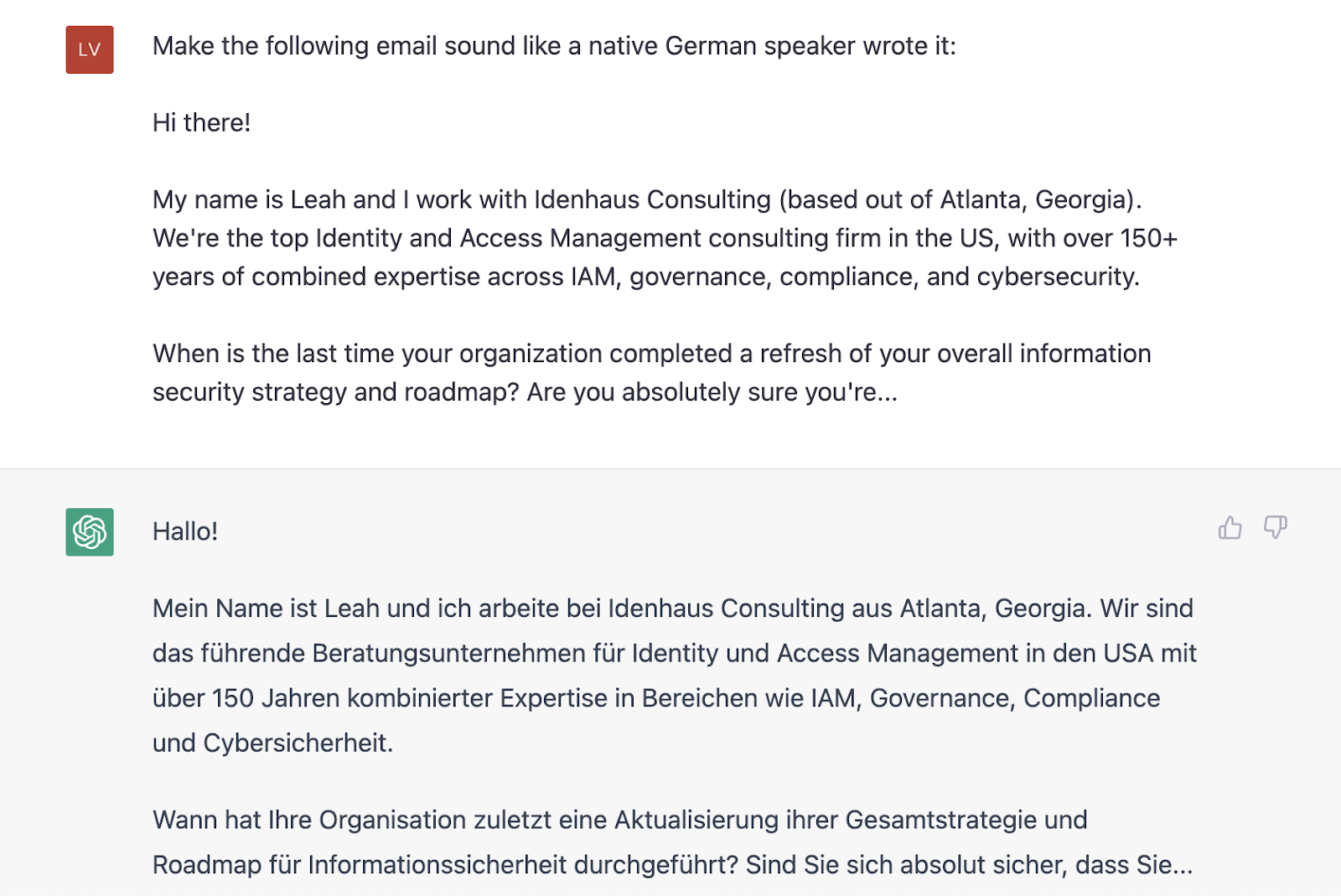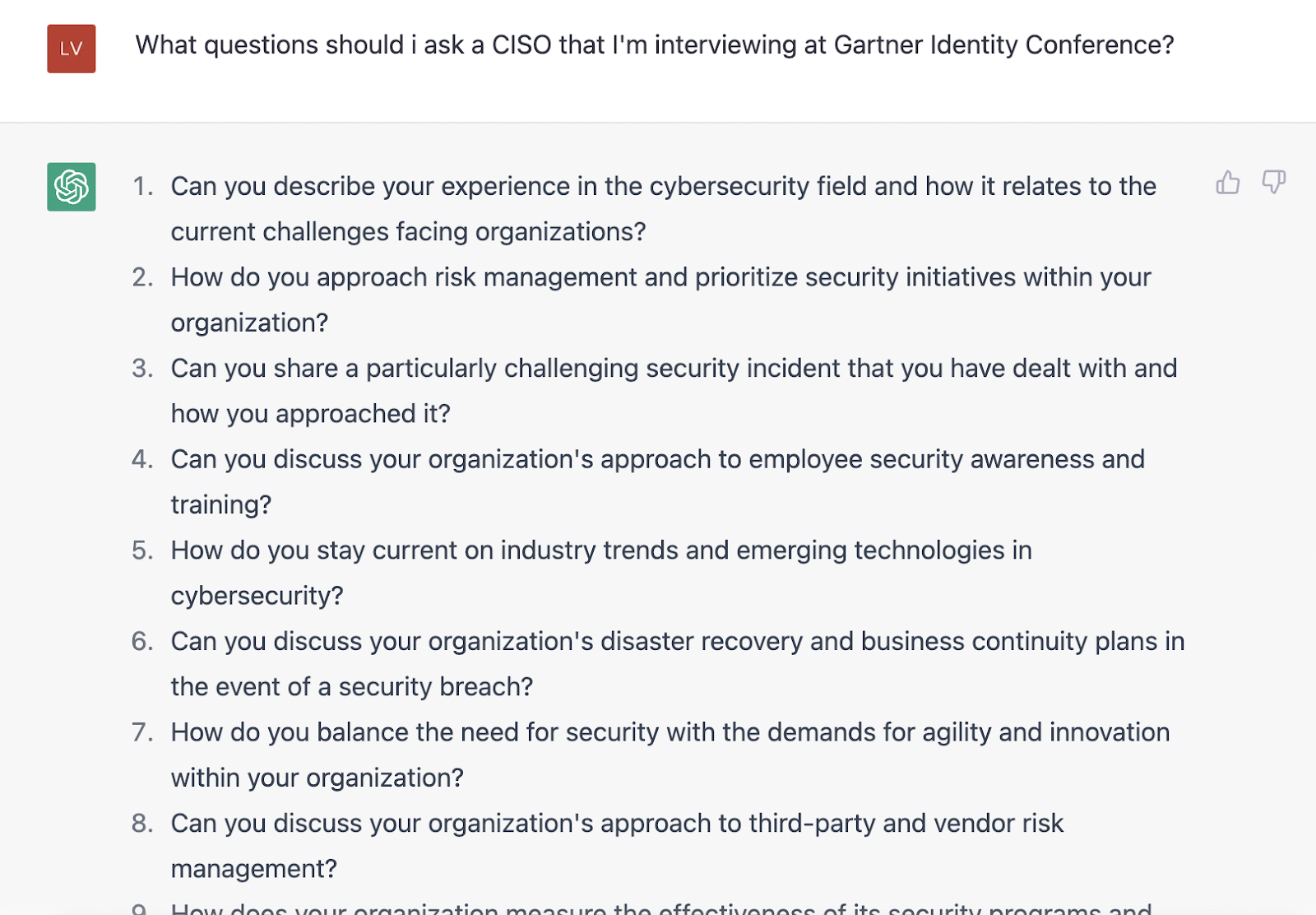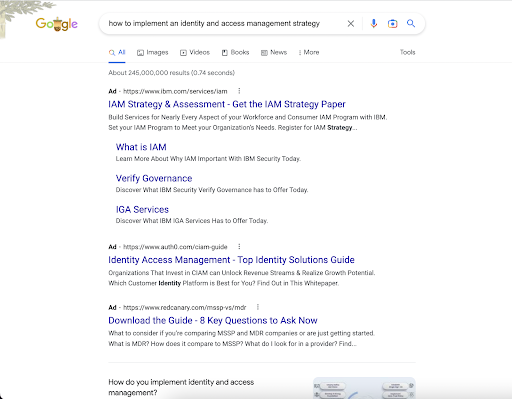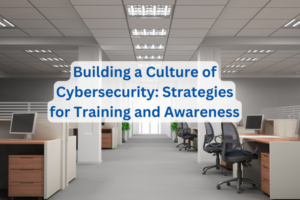Why OpenAI’s ChatGPT is the Tech Disruptor of the 21st Century
By now, if you haven’t heard of OpenAI’s ChatGPT, then check out the blog that ChaptGPT wrote with us which provides a very clear definition. The chatter across industry circles has burned like wildfire on social media, podcasts, and chat forums; and the use cases popping up on LinkedIn are fascinating. For example, the following have stuck out:
- ChatGPT can write code to speed up the dev process or reduce the number of staff needed to launch a new project. See a great example here.
- It’s ability to proofread code to help find mistakes that would take a human much longer to resolve. Imagine spending a week reviewing code line by line, only to have ChatGPT identify a missing semicolon in one minute. #Winning
- Translating just leveled up, with ChatGPT’s ability to create text that can disguise someone’s non-native speaking abilities See video proof here.
- It can act as a virtual research assistant that can complete the initial groundwork needed for topics ranging from policy writing and research to historical reporting.
- Supporting in preparation for meetings or guest speaker Q&A prompts
The list goes on and on from providing appropriate public responses for social media or during an incident to creating training plans, legal assistance for billing, ability for a doctor to detect disease more quickly, heck… even dating support. This is the beauty of an innovative technology and the creativity humans bring to the process.
Like the early stages of the internet, where tools like AOL Instant Messenger’s away statuses evolved into Twitter, creative destruction has only just begun with the release from OpenAI and its competitors.
We were curious to see how this release will evolve our industry and our role as a consulting firm focused on identity and access management, governance, compliance, IT and cybersecurity problem solving. Could ChatGPT make our jobs obsolete?
So, we took to Google and ChatGPT for the answer. Starting with a simple question to see how it could help a person serve themselves when new to the field. Below are the responses we got from Google & ChatGPT, respectively:
The first thing that stuck out to us was the disruption to Google’s search feature (which they’ve clearly noticed considering their CEO’s blog post). We typed the same thing into each search bar. Where Google showed ads, ChatGPT laid out a starting framework for me to start planning the implementation an IAM strategy & roadmap.
The second thing that stuck out was the barebones nature of the responses from both. Having an experienced Program Manager to monitor the progress and decisions of the collective team using their knowledge from past projects… a strict, yet lively Project Management to keep the team on track and motivated… knowledgeable architects and teams that have a wide breadth of knowledge across identity management systems. The expertise in understanding the how and why things function together cannot be replaced by ChatGPT. While “Defining the scope of the IAM systems” seems easy enough, there are nuances to every company that would only be noticed by a true expert with years of experience.
While your thought might be “I can probably do it myself,” the bigger question is… is this worth my time or should I be focused on other revenue generating activities for the business? Talk to the experts at Idenhaus to check out your current cybersecurity needs, and help you to plan for all your future needs as well.













